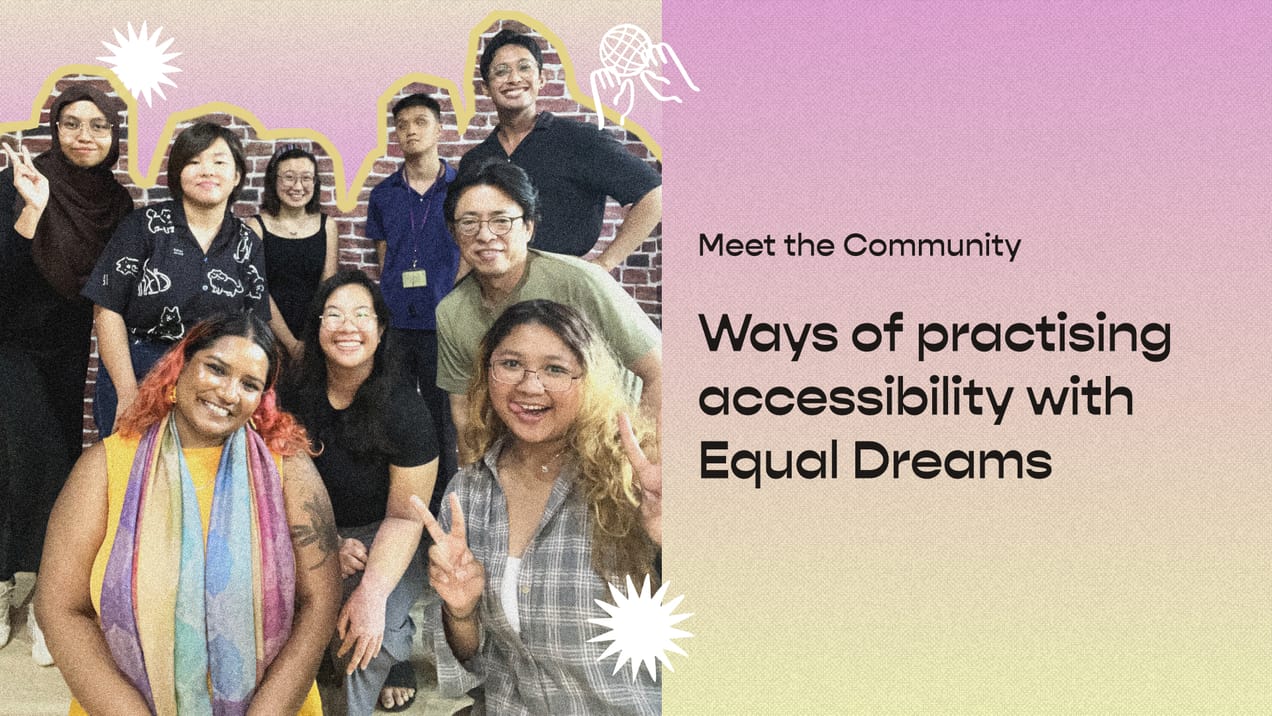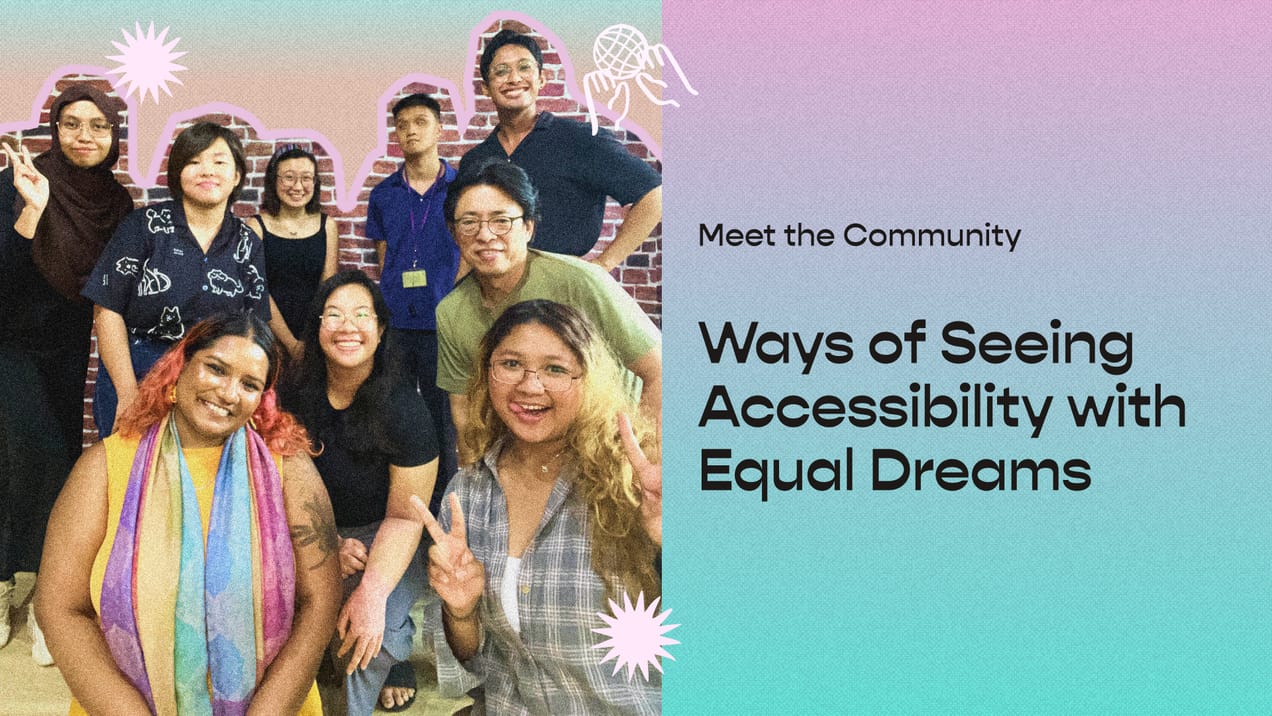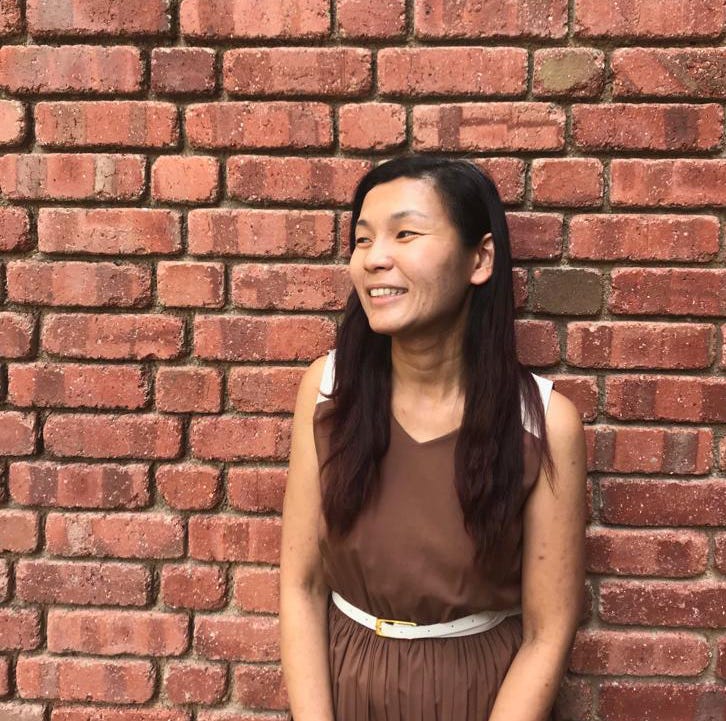
Humans of Kontinentalist: Kathy Xu
Kathy is our resident mariner and writer at Kontinentalist. She covers marine and environmental topics and her life is very closely…
Kathy is our resident mariner and writer at Kontinentalist. She covers marine and environmental topics and her life is very closely related to her environment and the ocean. We caught up with Kathy to find out more about the many things she does!
Hi Kathy, tell us a little about yourself and what you do!
(laughs) I do too many things!
I founded and still run The Dorsal Effect which is based in Lombok and offers eco-tourism trips there. Since it has been up and running for a few years, it is doing quite well and I do not need to be there for each trip. When it’s a small group (2–8 people), I let my local partner run it. If it’s a larger group usually I will accompany the group. For school trips, I always go along, because there is a particular programme which I run with the students. It includes things like nightly reflections with the students and so on. The school trips usually involve students from secondary 1 all the way to university groups who have overseas learning as a part of their curriculum.
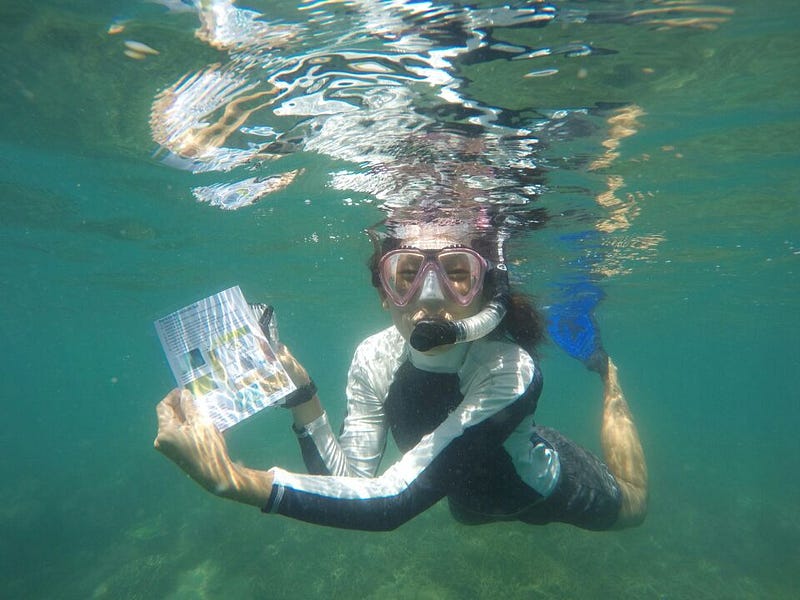
I also teach part-time in two polytechnics. I teach communication skills and general education: critical thinking and current affairs.
Finally, I go with my dog for therapy session with Therapy Dogs Singapore. I think that’s about it!
When and how did you come to join Kontinentalist?
I joined Kontinentalist in February 2018. How I joined is quite a long story, but essentially, I have always seen a gap between academics and what the masses know, and I had hoped to fill that gap, and Kontinentalist gave me the opportunity to do so.
What do you like about Kontinentalist?
Many things. I like the people: everyone is very humble, down to earth and easy to talk to. I like how there is a structure to things, so it makes things uniform. When things are uniform, it follows a certain style which makes it easy to recognise what Konti is, so I find that very helpful. I also like the free reign, in the sense that we are open to suggest stories — I think that is the fun part of working at Kontinentalist!
How do you choose your story topics?
I guess when I first started out, I chose issues that I really felt very deeply for. Usually they were environment related, or based on stories that other people told me about. So I often I chose topics not just based on my own interests, but also based on what my peers and the people in my circle of conversations didn’t seem to know about. I wanted to cover these topics to address this. But lately, I have also chosen topics that I personally do not know about, and have endeavoured to learn more about. An example of this is the Chagos Islands story, I really appreciate all the things that I learned whilst researching and writing the story.
Do you have a writing routine?
I guess I don’t really have a routine, but I do like to start by asking people about the topic that I am interested in. I like to tap on my friends to find out what they would like to hear or learn about that particular topic. Then, I type down all my ideas and thoughts on a Google Doc, before I start writing the story and doing research.
Of all the stories you have written for Kontinentalist over the past year, which is your favourite and why?
I have two favourites: Palm Oil and Shark Fin.
For the Palm Oil story, the idea came from someone I lived with when I was in Florida in the early part of last year. Her name is Shan. It was very interesting staying with her. She is a really smart person. I do not want to label, but she is visually impaired yet she is incredibly independent and a very deep thinker. She brought up the issue of palm oil and how it is perceived as something bad. But people don’t consider the perspective of people who come from palm oil producing countries like Indonesia and Malaysia, and so she really inspired that story for me. I enjoyed the writing process because I learnt so much about the issue, I dug deeper into it, and started to learn the different sides of it. It opened me up to different perspectives and I realised how sometimes campaigns and lobbying can be very one-sided.
For the Shark fin story: it really felt like a combination of all the things that I have learnt over the many years of delving into conservation. At the start, I was very one-sided and came from a very emotional place where I believed “this is wrong and we should stop killing sharks”, but this story kind of helped me show how so many different stakeholders are involved and appreciate their perspectives and the complexity of the issue. Reading more scientific papers about sustainable fisheries got me to rethink a statement that I made a few years ago (I angrily said there is no such thing as sustainable shark fishing!) but as I read more in the research papers, I realized that there is a possibility for sustainable shark fishing.
I realised how sometimes campaigns and lobbying can be very one-sided.
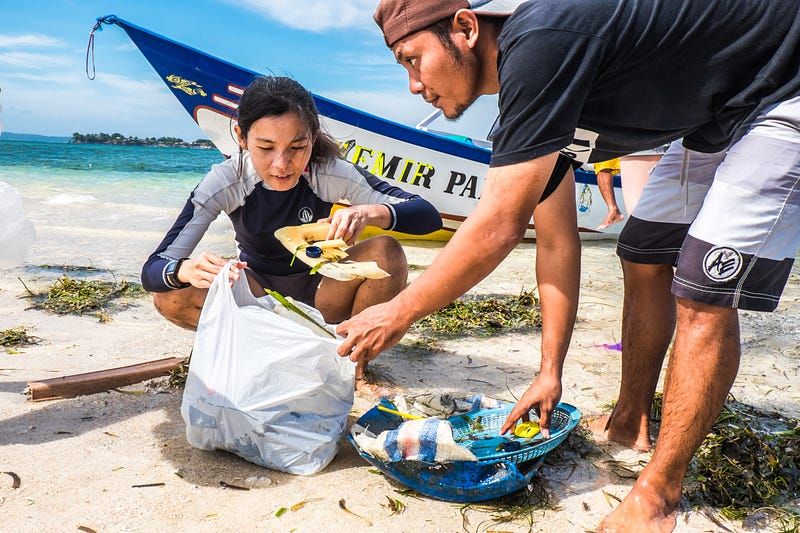
How do you balance running The Dorsal Effect, all the other things that you do, and writing?
I guess with The Dorsal Effect, it’s been running for a few years and my local partners are able to run it quite well without the need for me to be physically there. Also, The Dorsal Effect trips happen during certain peak periods within the year so I am able to plan ahead and balance everything.
For people who don’t know about you and your work, how would you sum it up?
I think a lot of people think we can save the world on our own, but we can’t, I have probably deluded myself. But…when you’re in it long enough, you realize that we are really nobody unless everybody comes together.
I think a lot of people think we can save the world on our own, but we can’t….we are really nobody unless everybody comes together.
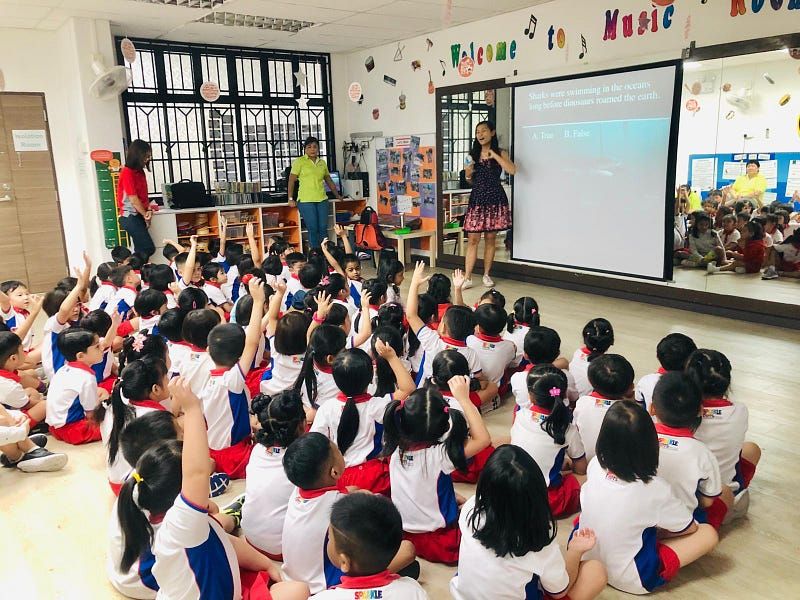
What is your favourite animal?
Sharks! I particularly like hammerhead sharks. I have never seen one alive, so that is a dream of mine! I think they are very interesting sharks because they school. I have also read that they are more sensitive to humans. So if we show fear, or if we dive with expectations, they can sense it and hence they are more elusive.
I also really like dogs! They can do no wrong. Their presence is very healing, they teach you a lot about life: things like loving unconditionally.
What do you like to do in your spare time?
I really love rollerblading. I live close to East Coast Park, so I blade there on weekends and some weeknight evenings. I really love the adrenaline rush that rollerblading gives me. It is a very liberating feeling, like for a moment, I feel as though I can run ahead of my problems and stress, and I see myself as a speed demon who is limitless — just for that moment. There was once I fell quite badly, and coincidentally I happened to bump into friends of mine. Instead of catching up, they had to bring me to the hospital instead! But I am glad I wasn’t scarred for life (both physically and mentally) and this incident did not kill my love for the sport.
Do you have any upcoming travels?
Yes I do! I signed up for anywhr.co. They are this bespoke travel company that plan trips for you. They do not tell you where you will go, until a week before you go, and even then they advise you not to open the letter until the day that you fly. Unfortunately for me I did open the letter, so I know that I will be going to the Maldives!
What is your favourite food?
Hmm..sambal ijo! I recently discovered it and now I’m addicted to it! I like to eat it with rice, tofu and tempeh. I can easily polish two plates of it! It’s really irrational but I love it!
Do you have a favourite drink?
Do I? Is it okay if I don’t?
Finally, any exciting stories that you are currently working on that we can look forward to?
Yes. I am working on the impact of the rise of China on the gaming industry (Editor’s note: you can read it here). I am interested to learn more about it, but I am also not a gamer! So I am speaking to a lot of gamers. Same as with the Chagos Islands story, I feel that it is opening me up to something that I know nothing about, and I get excited learning new things!

